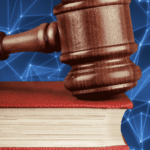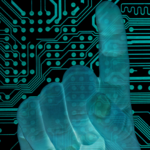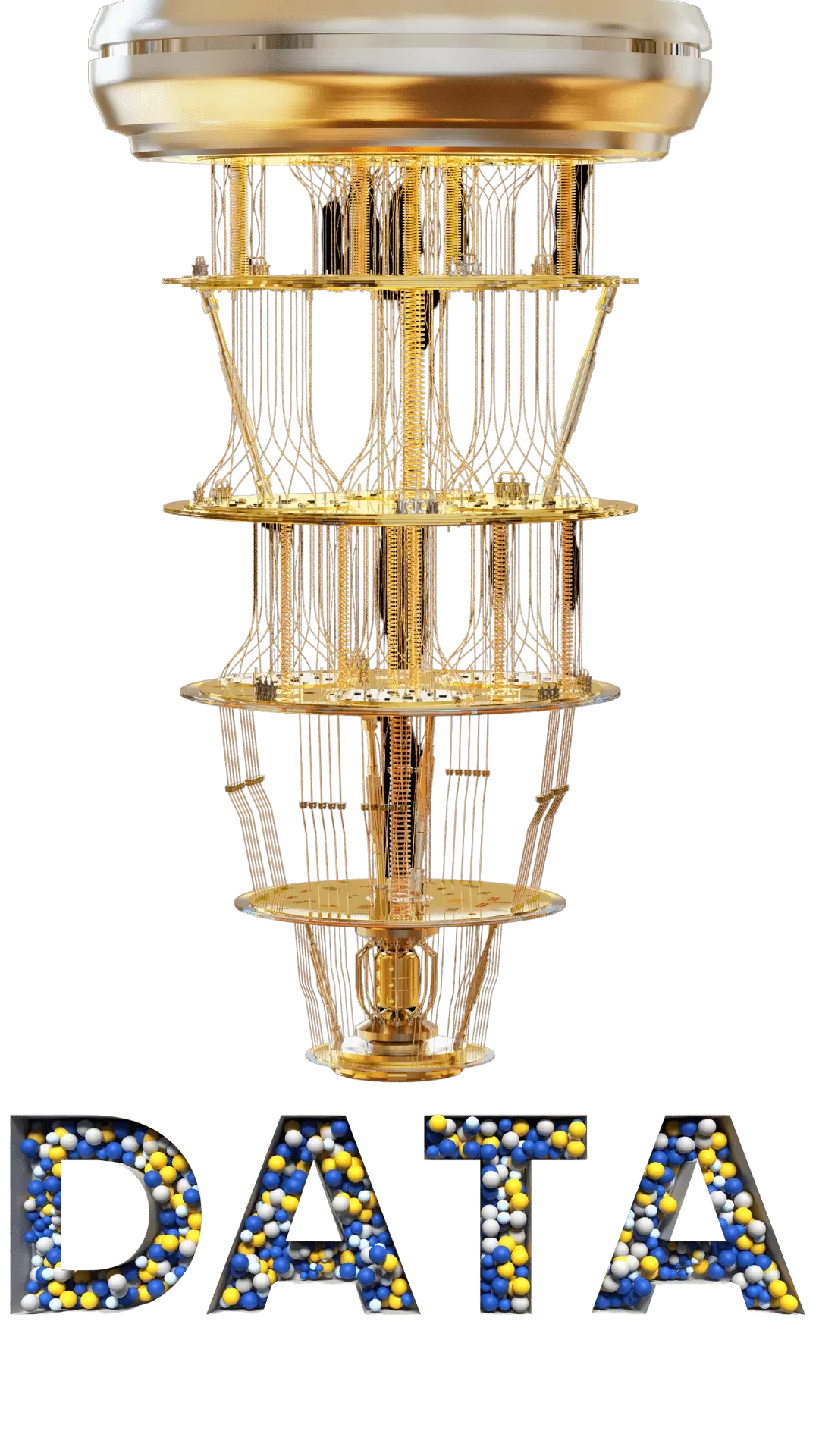A quantum computer is an advanced computing device that leverages the laws of quantum physics to surpass the limits of classical computing. It relies on two main concepts: quantum superposition and quantum entanglement.
Quantum Superposition:
- Unlike classical bits, which can be either 0 or 1, quantum computers use units called qubits. Qubits can be in the state 0, 1, or both simultaneously due to superposition. This allows many calculations to be performed at once, significantly increasing computing speed and efficiency.
Quantum Entanglement:
- Quantum entanglement is a phenomenon where qubits become interconnected so that the state of one instantly affects the other, regardless of the distance between them. This enables quantum computers to perform complex operations extremely quickly through immediate cooperation between qubits.
Components of a Quantum Computer:
- Qubits:
Can be made using various technologies, including trapped electrons, photons, or superconducting atoms. The main challenge is maintaining qubit stability for long periods without losing superposition or entanglement. - Control Circuits:
Devices used to manipulate qubits and determine which operations should occur. - Cooling Systems:
Quantum computers typically operate at extremely low temperatures (near absolute zero) to keep qubits stable and prevent information loss due to environmental interference.
Key Challenges:
- Decoherence: One of the biggest challenges is maintaining qubit stability. Any external interference can cause the loss of superposition or entanglement, affecting calculation accuracy.
- Quantum Error Correction: As the number of qubits increases, advanced error correction techniques become more important to ensure accurate results.
Expected Applications:
- Cryptography: Quantum computers can break traditional encryption systems like RSA much faster but can also enable the creation of new encryption methods based on quantum principles.
- Chemical Simulation: They can accurately simulate complex molecules and chemical reactions, opening the door to breakthroughs in chemistry and pharmaceuticals.
- Artificial Intelligence Optimization: Quantum computers can improve deep learning algorithms and train AI models faster and more efficiently.
Leading Companies and Institutions in Quantum Computing:
- IBM: Developed a cloud-accessible quantum computer.
- Google: Announced “quantum supremacy” in 2019 when its Sycamore quantum computer solved a problem faster than any classical computer.
- Microsoft: Working on quantum computing using topological qubits.
- D-Wave: Specializes in building quantum devices for specific purposes like optimization.
The Future of Quantum Computing:
- Quantum computers are still in their early stages, but their vast potential makes them a highly active area of research and development. They could revolutionize many fields and open new frontiers in technology and science that were previously impossible.














